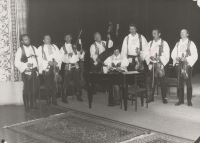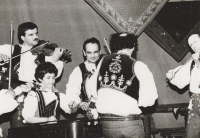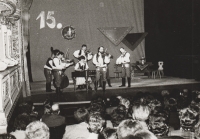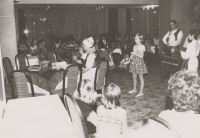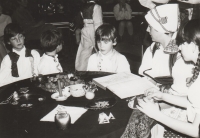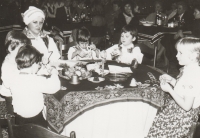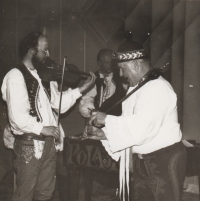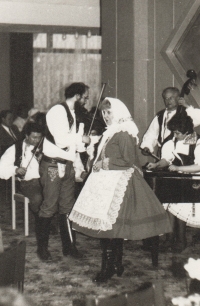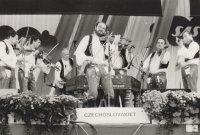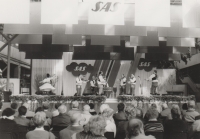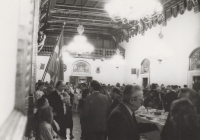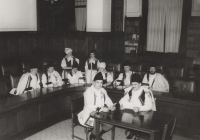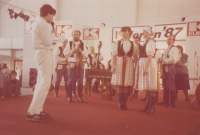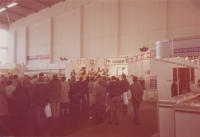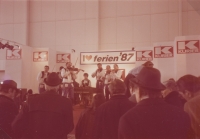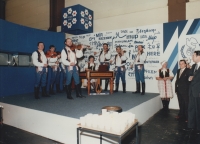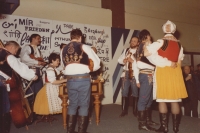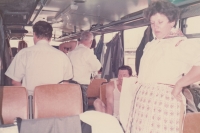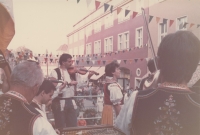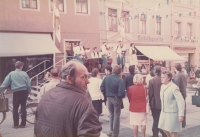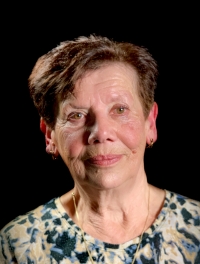I tried to live every day in a way to make it nice

Stáhnout obrázek
Marta Stehlíková (née Palátová) was born on 7 April 1950 in Nový Šaldorf near Znojmo. This village was inhabited solely by a German-speaking population until 1945. After their expulsion, the area was settled by people from various parts of the country, mostly from Moravian Wallachia [Valašsko], Moravian Slovakia [Slovácko] and Vysočina region. Marta Stehlíková‘s parents came from Vysočina region and moved in Nový Šaldorf in the autumn of 1945 with the prospect of being able to farm in a more fertile region. However, due to the collectivization of agriculture, they were forced to join a cooperative farm in the second wave. During the invasion in 1968 she took the entrance exams for secondary school. Due to the general chaos in the country, it was quite difficult to attend the exams. Finally, in 1971, she successfully graduated from the Secondary Pedagogical School in Třebíč and started teaching in a kindergarten in Hevlín and later in Dyje in the Znojmo region. In the early 1970s, she joined Znojemská desítka brass band as a singer. There she met her future husband Antonín Stehlík. They got married in 1973 and together raised their son Antonín and daughter Martina. In the second half of the 1970s, both spouses joined a cimbalom band called Polajka, Antonín Stehlík as a violinist and Marta Stehlíková as a singer. In 1989, she became a member of the Communist Party of Czechoslovakia. After the Velvet Revolution she and her husband returned their party membership cards. At present (2022) she continues to devote herself to folklore, collecting and art creative activities.
